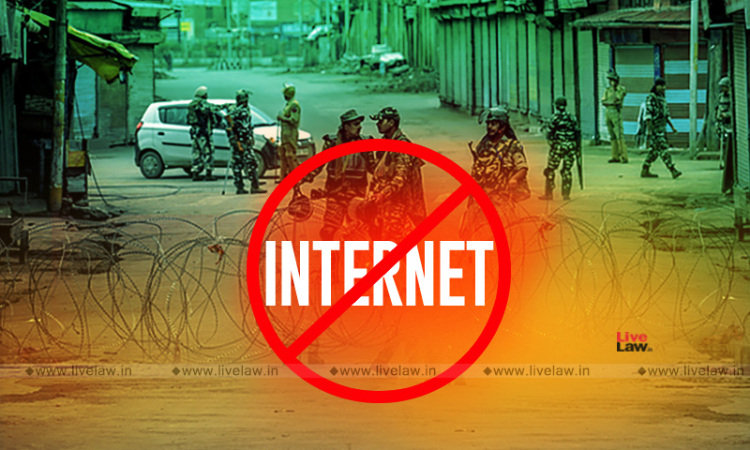The Government of Jammu & Kashmir has filed its reply to the plea seeking restoration of 4G internet connectivity in the erstwhile state of Jammu & Kashmir as directed by the Top Court vide order dated April 9.Formulating a consolidated reply to similar/ identical petitions filed for the common prayer of restoration of 4G, it has been averred that since the Government Order of March...

